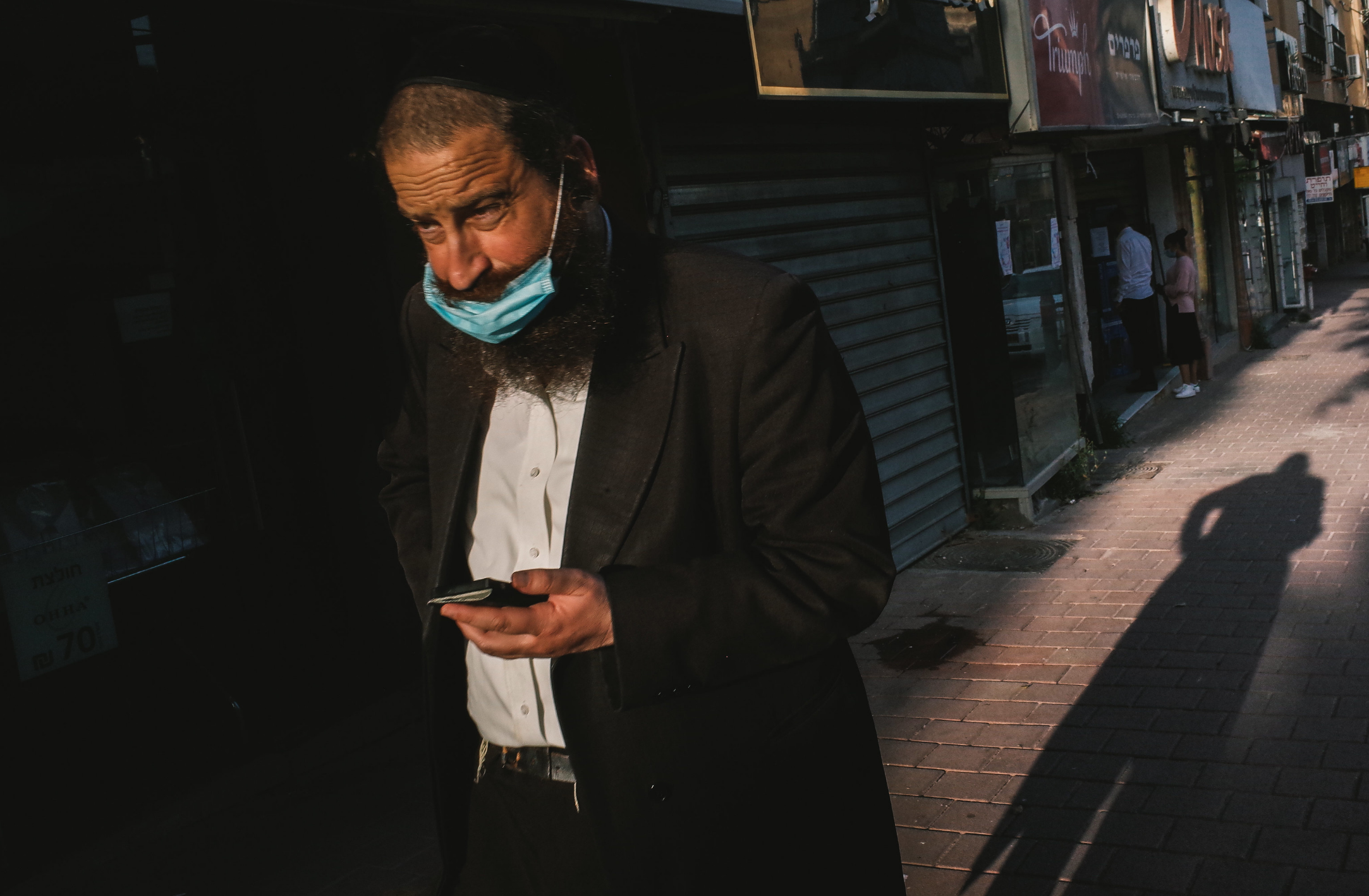As countries around the world continue to grapple with public health crises due to the coronavirus, Israel stands as a positive outlier. Israel has the second-highest proportion of people fully vaccinated against COVID-19 in the world, with 56% having received two doses. A speedy vaccination rollout is already bolstering the Israeli post-coronavirus recovery process, with economists predicting that the country may experience almost 5% growth this year. It seems that, at least for Israel, there is light at the end of the tunnel.
Yet, for the 5 million Palestinians living in the Gaza Strip and the Israeli-occupied West Bank, the fight for equal access to COVID-19 vaccines is just beginning. According to Doctors Without Borders, only 2% of Palestinians have been vaccinated against the virus as of March 24. A slow vaccination campaign couldn’t come at a worse time as the region grapples with another deadly wave of the coronavirus. The Gaza Strip is now reporting up to 1,000 new infections daily, while a positivity rate of 21% is being seen in the West Bank.
The Palestinian territories are once again grappling with a deadly surge in coronavirus cases, even as global vaccinations reached 1.18 billion worldwide as of May 4. Yet for Palestinians, as in many developing countries, vaccinations have been difficult to come by. The Palestinian health care system is dangerously underequipped to handle the weight of the pandemic. In December, public health officials declared that the Gaza Strip had run out of coronavirus testing kits.
The global vaccine rollout remains the best hope for bringing the pandemic to an end in the Israeli-occupied Palestinian territories. However, ongoing conflict with Israel continues to delay inocolulations. Palestinians living in the West Bank and Gaza Strip have yet to receive many vaccine doses from the Israeli government. Israeli citizens living in the occupied territories and Palestinians living in Jerusalem are eligible for the vaccine, though. According to Amnesty International, the failure of the Israeli government to provide coronavirus vaccine access to Palestinians living under military occupation is in direct violation of international law.
Other countries have since tried to supply Palestinians with the vaccine through international aid. In March, U.S. Ambassador to the United Nations Linda Thomas-Greenfield said the U.S. Agency for International Development will supply $15 million in aid to Palestine to support its fight against the coronavirus. Other countries are also stepping up to provide aid. China has donated 100,000 doses of its coronavirus vaccine to Palestine, joining efforts begun by Russia and the United Arab Emirates. The international vaccine sharing initiative COVAX has also supplied over 61,000 doses of the Pfizer and AstraZeneca vaccines, with the goal of inoculating about 1 million Palestinians.
Even with aid from the international community, the Palestinian territories continue to lag behind in vaccinations. The Israeli government’s discriminatory policies against Palestinians remain a key barrier against equitable vaccine access. As the world slowly inches closer to the end of the pandemic and a return to normal, the Palestinian people have once again been left behind.
RELATED CONTENT:
PODCAST: Community Development in Ecuador with Jeff Goldman
Aerex Narvasa
Aerex is a current student at Occidental College majoring in Diplomacy and World Affairs with a minor in East Asian Studies. He is passionate about sharing people’s stories through writing, and always strives to learn about new places and cultures. Aerex loves finding new music and exploring his hometown of Los Angeles in his free time.


